25, March 2024
North Korea says Japan’s PM Kishida has requested summit with Kim Jong Un 0
North Korean leader Kim Jong Un’s powerful sister said Monday that Japanese Prime Minister Fumio Kishida has requested a summit with her brother, adding a meeting was unlikely without a policy shift by Tokyo.
Relations between the two countries are historically strained, including by a long-running kidnapping dispute and North Korea’s banned weapons programmes, but Kishida has recently expressed a desire to improve ties, which Pyongyang has hinted it is not opposed to.
Last year, Kishida said he was willing to meet Kim “without any conditions”, saying Tokyo was willing to resolve all issues, including the abduction by North Korean agents of Japanese citizens in the 1970s and 1980s, which remains an emotive issue in Japan.
“Kishida… conveyed his intention to personally meet the President of the State Affairs of the Democratic People’s Republic of Korea as soon as possible,” Kim Yo Jong said in a statement carried by the official Korean Central News Agency.
Kim Yo Jong — who is one of the regime’s key spokespeople — had hinted last month at a possible future invitation for the Japanese leader to visit North Korea.
But she said the “history of the DPRK-Japan relations gives a lesson that it is impossible to improve the bilateral relations full of distrust and misunderstanding,” without a substantive policy change on Tokyo’s part.
She warned that were Japan to remain “engrossed in the abduction issue that has no further settlement” then Kishida’s hopes of improving ties would not materialise.
Kishida said Monday that he was not aware of the KCNA report, and did not directly comment on its contents, while calling top-level talks with North Korea “important”.
“For Japan-North Korea relations, top-level talks are important to resolve issues such as the abduction issue,” Kishida said in parliament, referring to kidnappings that took place in the 1970s and ’80s.
“This is why we have been making various approaches to North Korea at the level directly under my control, as I have said in the past.”
North Korea admitted in 2002 that it had sent agents to kidnap 13 Japanese people in the 1970s and ’80s who were used to train spies in Japanese language and customs.
The abductions remain a potent and emotional issue in Japan and suspicions persist that many more were abducted than have been officially recognised.
Analysts have long said that contention over the issue could hinder progress towards a summit between Kishida and Kim Jong Un.
But North Korea’s statement appeared to be an attempt by Pyongyang to negotiate terms for any future summit between the two countries’ leaders, Hong Min, a senior analyst at the Korea Institute for National Unification in Seoul, told AFP.
“It seems the North sees there’s no point in making contact with the Japanese side without checking what requirements each side has in mind that could lead to nothing after all if those requirements are too different to reconcile,” Hong said.
“It is Pyongyang’s way of testing how serious Japan is in holding the meeting and setting its own summit prerequisites in order to host the meeting.”
Japan’s former prime minister Junichiro Koizumi paid a landmark visit to Pyongyang while in office in 2002, meeting Kim’s father Kim Jong Il and setting out a path to normalise relations in which Japan would offer economic assistance.
The trip led to the return of five Japanese nationals and a follow-up trip by Koizumi, but the diplomacy soon broke down, in part over Tokyo’s concern that North Korea was not coming clean about the abduction victims.
Kim Yo Jong said that Kishida “should not think that it is possible for him to meet our state leadership when he has wanted and decided.”
“If Japan truly wants to improve the bilateral relations and contribute to ensuring regional peace and stability as a close neighbor of the DPRK, it is necessary for it to make a political decision for strategic option conformed to its overall interests,” she added.
Source: AFP

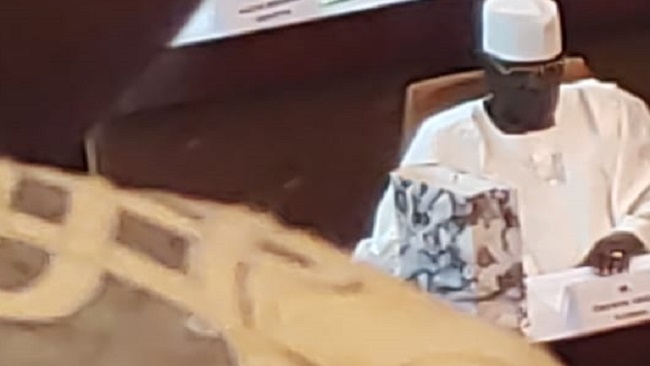


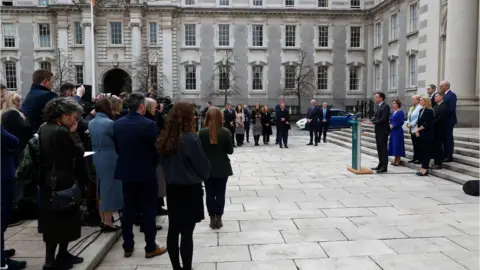 PA MediaMr Varadkar said he felt he was not the “best person for the job anymore”
PA MediaMr Varadkar said he felt he was not the “best person for the job anymore”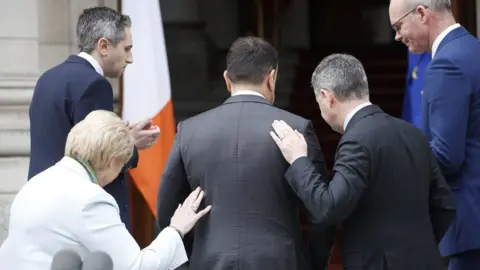 Nick Bradshaw
Nick Bradshaw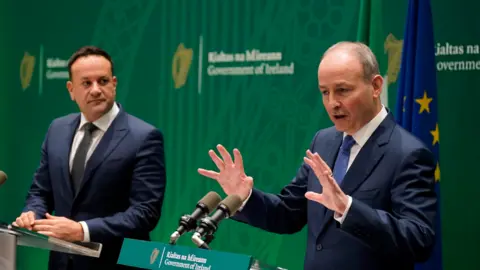 PA MediaMicheál Martin said he was “surprised” when he heard that Mr Varadkar was stepping down
PA MediaMicheál Martin said he was “surprised” when he heard that Mr Varadkar was stepping down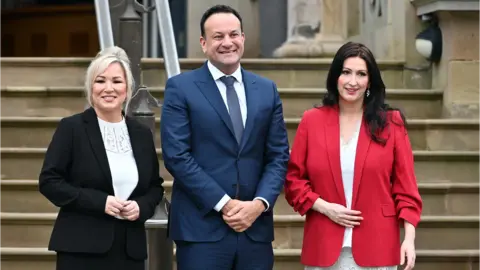 PA MediaFirst Minister Michelle O’Neill (left) called for a general election in the Republic of Ireland
PA MediaFirst Minister Michelle O’Neill (left) called for a general election in the Republic of Ireland
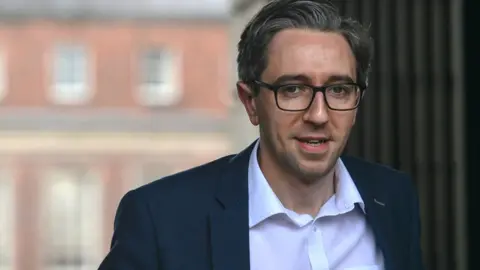 Getty ImagesHigher Education Minister Simon Harris is the early favourite with many bookmakers
Getty ImagesHigher Education Minister Simon Harris is the early favourite with many bookmakers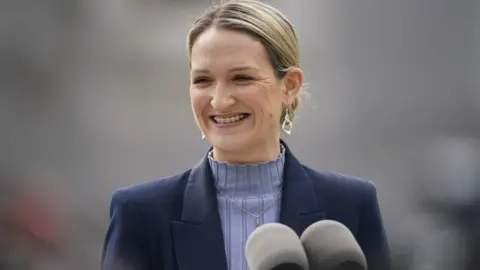 Niall CarsonAfter widespread disorder in Dublin last year, Helen McEntee faced down calls to resign from opposition parties
Niall CarsonAfter widespread disorder in Dublin last year, Helen McEntee faced down calls to resign from opposition parties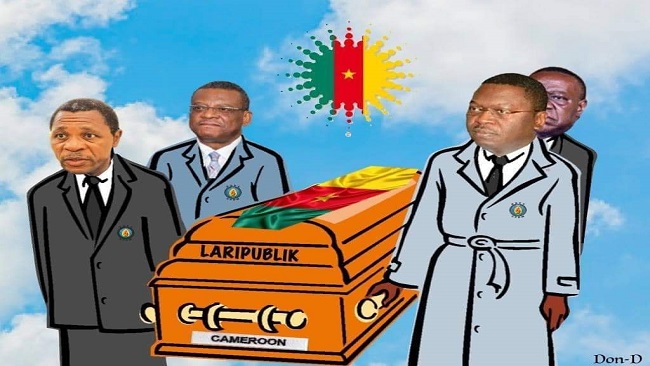
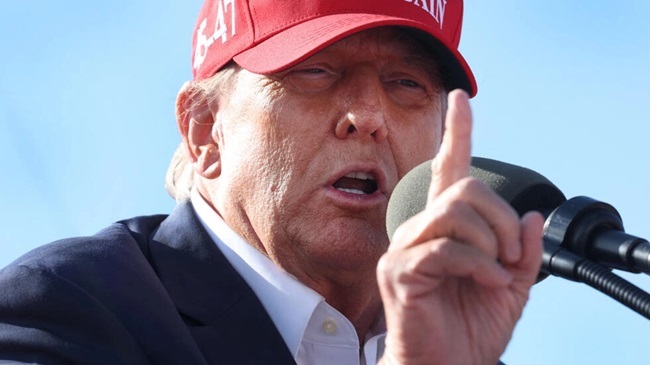
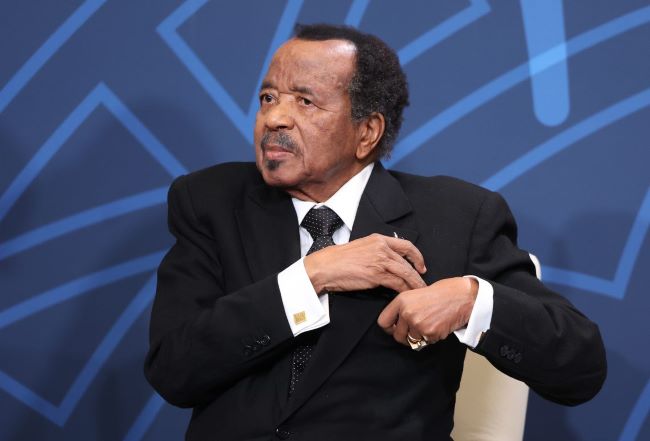
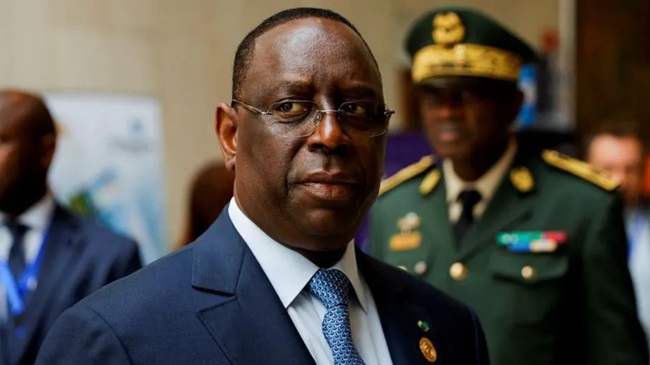


















25, March 2024
Race For Etoudi: Cameroon Concord Editorial Chair endorses Professor Titus Edzoa 0
It is becoming clear that there is a massive power vacuum in Cameroon as the country’s ailing leaders are incapable of making sound economic and political decisions which can help steer the country out of the mess for which the country is now noted.
Though the country’s Territorial Administration Minister, Paul Atanga Nji, has, out of fear, banned all activities aimed at building coalitions against the crumbling Biya government, there are still huge efforts underway both in Cameroon and abroad to engineer a solid coalition which will successfully oust Mr. Biya and his corrupt CPDM party from power once and for all.
It is gradually emerging that a massive coalition is being built around Professor Titus Edzoa, who is currently in Europe to discuss various political possibilities which would lead to the building of a coalition.
The Chairman and Editor-In-Chief of the Cameroon Concord Group has welcome the news of growing support for Professor Titus Edzoa to head a three-year transition program beginning 2025 in an inclusive government.
Speaking on Saturday in London during an event organized for Cameroon’s Diaspora and in which Biya’s succession was on the agenda, the Concord Chairman said:
“All progressive forces both in French- and English-speaking Cameroon should place their support behind Professor Titus Edzoa, as he gets himself ready to head a new Cameroon Government next year. This is an important step at a crucial moment for our divided nation.”
Chairman Soter Agbaw-Ebai added that Professor Titus Edzoa, if given the mandate, will act in the national interest of a federated Cameroon.
“Cameroon is badly in need of a smooth transition of power and many around the world believe Prof. Titus Edzoa will contribute to the quick formation of a unified and inclusive government which can address the serious security, humanitarian and political challenges facing Cameroon,” Agbaw-Ebai said.
“Professor Edzoa can be assured he has Cameroon Concord News full commitment to working with an inclusive Cameroon government formed with all blocs including the detained leaders of the Ambazonia Interim Government” Agbaw-Ebai concluded.
By Chi Prudence Asong